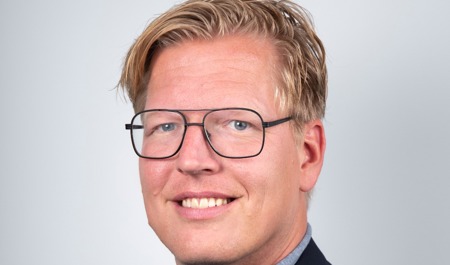Yttrium-90: A Smart Approach to Fighting Liver Cancer from Within
When liver cancer is diagnosed, one might immediately think of invasive treatments or major surgery. But what if it were possible to target the tumor from within, without large incisions? This is precisely what an advanced treatment using a radioactive substance, Yttrium-90, accomplishes.
Yttrium-90, or Y-90, is used in a procedure known as Selective Internal Radiation Therapy (SIRT). While it may sound complex, the concept is quite straightforward. Using a thin tube called a catheter, physicians administer tiny beads, known as microspheres, into the liver's blood vessels. These microspheres contain Y-90, which emits radiation. Liver tumors derive their blood supply primarily from the hepatic artery, whereas healthy liver tissue is predominantly supplied by the portal vein. By delivering the radiation via the arteries, it precisely targets the tumor while sparing the surrounding healthy tissue.
If multiple parts of the liver are affected, the microspheres are typically administered via the main hepatic artery, distributing them to tumor sites throughout the liver. When smaller, localized areas are affected, the beads can be delivered via smaller arterial branches. This "highly selective" method further minimizes radiation exposure to healthy tissue while ensuring the highest possible dose reaches the tumor.
Targeted Treatment with Low Impact
This radiation is highly localized. Its range is only a few millimeters, but this is sufficient to effectively attack the cancer cells. There is an added benefit: the microspheres also block the small blood vessels that feed the tumor. This starves the tumor of oxygen and nutrients, further weakening it.
Another significant advantage of this method is that the radiation from Y-90 decays rapidly. After just a few days, nearly all of it has dissipated. The microspheres remain in the body but are no longer radioactive, meaning the treatment does not involve long-term radiation exposure. The entire procedure—including preparation, administration, and completion—typically takes only a few hours, and patients can often return home the same or the following day.
This method is typically deployed when surgery is not an option, or when other treatments like chemotherapy are not sufficiently effective. Some patients receive SIRT to shrink the tumor, potentially making them eligible for surgery (a process called downstaging). For others, it is used to improve quality of life and reduce pain-related symptoms.
From Petten to the World
The Y-90 medical isotope, central to this treatment, is produced in Petten, the Netherlands, by NRG PALLAS, the world's largest producer of medical radioisotopes. Every day, over 30,000 patients worldwide benefit from their products, which are used in diagnostics and treatment. NRG PALLAS irradiates the Y-90 microspheres in the High Flux Reactor (HFR) for various international clients.
NRG PALLAS produces different types of microspheres, made of either glass or resin, and supplies them internationally. The choice of version depends on the specific clinical situation and the hospital's preference. Both types are safe and approved for use in Europe and the United States. The decades of experience and production capacity in Petten ensure that hospitals and patients worldwide can depend on a reliable supply.
More Time, Fewer Symptoms
SIRT with Yttrium-90 is an excellent form of customized therapy: targeted, powerful, and with minimal damage to the rest of the body. Thanks to this technique, increasing numbers of liver cancer patients are given a chance for more time, fewer symptoms, and a better quality of life. And that is what matters most.
Futher details on Yttrium-90?
Please visit the Yttrium-90 page.
